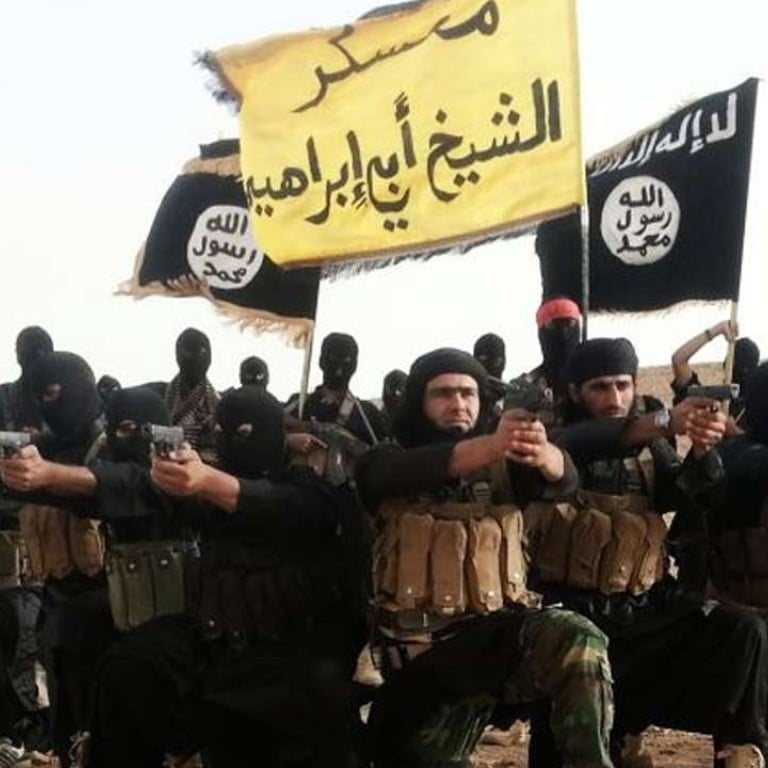
Book review: The Girl Who Escaped ISIS, Farida Khalaf – a teenager’s searing story of brutality in Syria and Iraq
Captured and sold into sexual slavery by Islamic State jihadis, the narrator attempted suicide to escape the violence perpetrated against Yazidi girls before eventually fleeing her nightmare

The Girl Who Escaped ISIS
by Farida Khalaf and Andrea Hoffmann
Atria Books
4 stars
Amid the endless war news streaming out of Syria, the need for moral clarity in the conflict is running high.
Farida Khalaf’s story offers it explicitly. Khalaf was a maths whiz and a soldier’s daughter who was 19 years old when she was captured and sold into sexual slavery by the Islamic State of Iraq and Syria (ISIS) in 2014.
Her first-person account, narrated in The Girl Who Escaped ISIS and written with German journalist Andrea Hoffmann, is a searing portrayal of the brutality facing people targeted by ISIS fighters in Syria and Iraq.
Khalaf is a member of the Yazidi religious minority in northern Iraq, whose practices are viewed by ISIS as “devil worship”. Because of this belief, ISIS doctrine allows Yazidi children and teens like Khalaf to be kidnapped and sold at auction.
Khalaf recounts shocking wartime violence against a group of Yazidi girls, who are routinely beaten and forced to convert to Islam by soldiers who sometimes pray before raping them.

The abuse against Khalaf is especially savage because of her repeated escape attempts; at one point she is sold for US$50 after injuries from a previous owner leave her too damaged to “function” sexually for the next one.
The book’s plot is conveyed in its title, but there are cruel surprises in store, like the financial motives of the underground railroad for ISIS escapees, and the alienation imposed on survivors by their peers in refugee camps.
Though she attempts suicide, Khalaf eventually decides to escape and “bear witness”, making her account read as an explicit call to action. She repeatedly imagines American troops coming to her rescue. Her leadership earns her the nickname “Barack Obama” from her fellow captives, and it’s easy to imagine her hope that her namesake would take the time to read this account.

